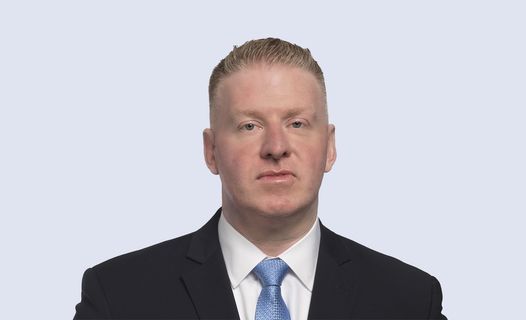In 2007, two persons in Colorado applied for employment with Burlington Northern Santa Fe R.R. Co. (BNSF). The company extended each applicant a conditional offer of employment, but rescinded each applicant's conditional offer following a medical screening. Each applicant then filed a separate charge of discrimination with the EEOC alleging that he was perceived as disabled in violation of the Americans With Disabilities Act.
In the course of investigating the charges, the EEOC requested that the employer provide: "any computerized or machine-readable files … created or maintained by you … during the period December 1, 2006 through the present that contain electronic data about or effecting [sic] current and/or former employees … throughout the United States." (emphasis supplied)
The employer challenged the scope of the EEOC's request and sought information from the EEOC to justify such an expanded investigation. In response, the EEOC then sought the information by subpoena and sent a letter which, without explanation, stated that the EEOC had broadened its investigation to include "pattern and practice discrimination."
BNSF refused to comply with the subpoena and the EEOC sought court enforcement. The District Court of Colorado refused to enforce the subpoena, finding it overly broad and stating, "The demand for data on a nation-wide basis with two individual claims involving only applicants in Colorado is excessive."
The Commission appealed, but the U.S. Court of Appeals for the 10th Circuit upheld the lower court's decision and refused to enforce the subpoena. EEOC v. Burlington Northern Santa Fe R.R. Co.
"Turn Over Everything You've Got" Is Too Broad
The statute granting the EEOC authority to investigate charges of discrimination provides that the EEOC may access evidence that is "related to unlawful employment practices … and is relevant to the charge under investigation."
The EEOC argued that its nationwide discovery request was justified because, in addition to the two Colorado disability charges, it had received four similar charges against the same employer in Kansas, Minnesota, Texas and Wyoming. But the 10th Circuit stated, "The EEOC should not wait until it applies to the district court to supply justification or evidence that should have been provided during the administrative enforcement phase."
As to the EEOC's claim that the broad subpoena was necessary to determine whether there was a possible pattern or practice of discrimination, the 10th Circuit reasoned that the relevance of any information sought by the EEOC must be measured against the two individual charges of disability discrimination, stating, "Any act of discrimination could be part of a pattern or practice of discrimination, but not every charge of discrimination warrants a pattern or practice investigation." (emphasis in original). The court stated that relevance should not be construed so broadly as to render its requirement a nullity.
Additionally, the court agreed that the EEOC's subpoena was plenary in nature and was unconvinced that a single allegation of discrimination may warrant a pattern or practice investigation. The decision stated, "Perhaps the EEOC would have been entitled to information relating to other positions and offices in Colorado; but that is not the case before us." (emphasis in original).
Thus, the 10th Circuit concluded that "nationwide recordkeeping data is not ‘relevant to' charges of individual disability discrimination filed by two men who applied for the same type of job in the same state, and the district court did not abuse its discretion in reaching that conclusion."
What It Means
During the last several years, the EEOC has become increasingly aggressive in attempting to expand the scope of its investigations. While the BNSF decision is only binding precedent in the jurisdiction of the 10th Circuit (Colorado, Kansas, New Mexico, Oklahoma, Utah, and Wyoming), it nonetheless provides a basis for employers in other jurisdictions to resist overly broad discovery requests that appear to be nothing more than a fishing expedition.
While the court did not rule out the possibility that broader discovery may be warranted in some types of cases and noted that there are other avenues at the EEOC's disposal (for example, a Commissioner's Charge), it placed the burden on the EEOC to demonstrate the need for discovery early in the administrative process and suggested that while individual charges might warrant discovery in the same state, they are not a launching point for nationwide discovery.
For more information, contact the author at GBallew@fisherphillips.com or 816.842.8770.


